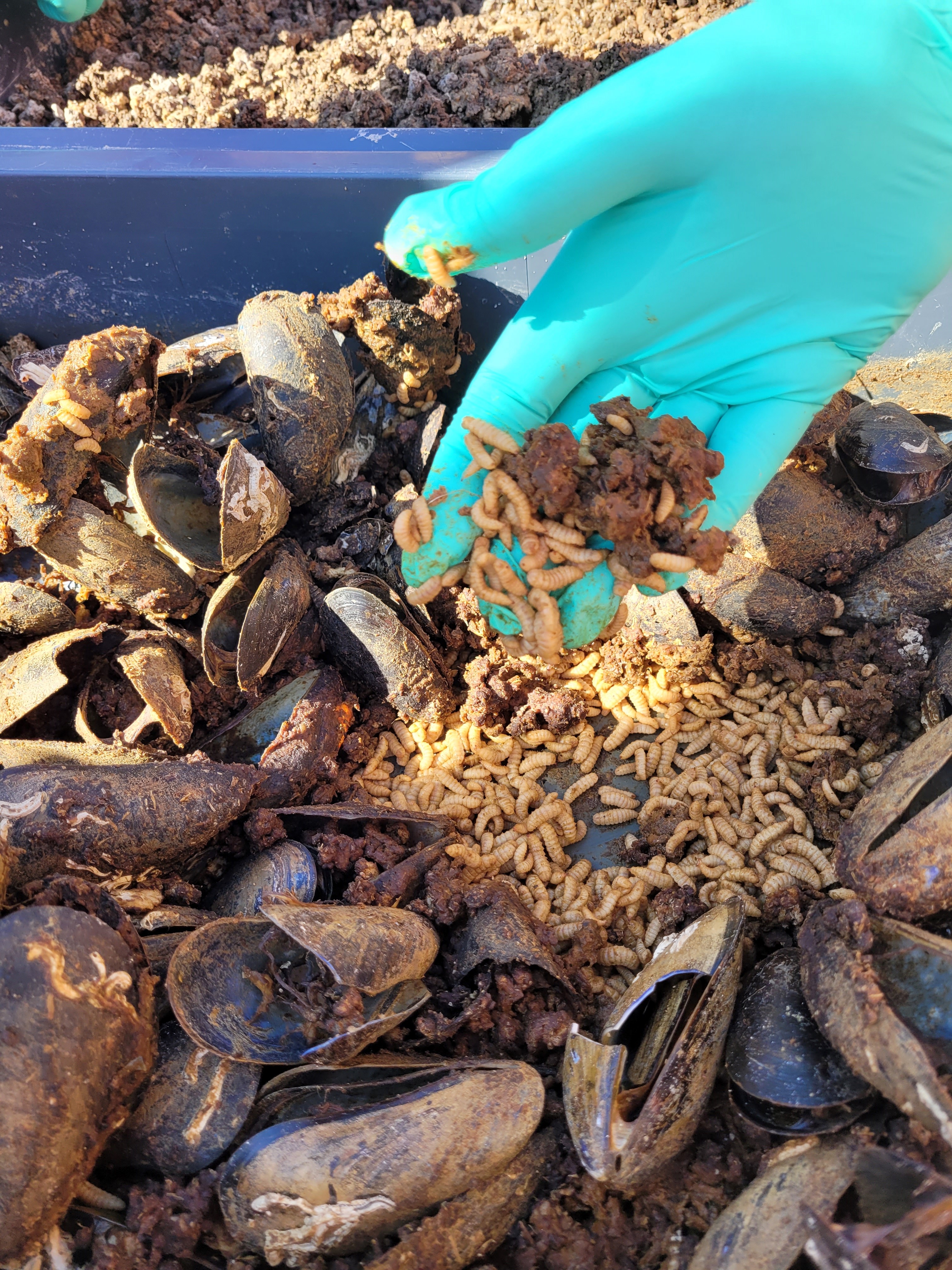The International Day of Awareness of Food Loss and Waste is declared by FAO to emphasise the huge amount of food losses every year. A lot of the waste could have been used as food or feed and the price for these losses are counted to several billion dollars, not to mention all water and fertilisers used as well as all people suffering from starvation and malnutrition.
 A large amount of edible food is wasted every year, between harvest and retail, and also in households. This food waste accounts for huge amounts of green house gases released to the atmosphere, pushing the climate change and contributes to extreme weather events and a warmer climate.
A large amount of edible food is wasted every year, between harvest and retail, and also in households. This food waste accounts for huge amounts of green house gases released to the atmosphere, pushing the climate change and contributes to extreme weather events and a warmer climate.
In a world where hunger and malnutrition are increasing, it is not only important to increase the yields, but also to minimise the food losses and waste.
Reducing food losses and waste is essential in a world where the number of people affected by hunger continues to show a rapidly increasing trend, and tons and tons of edible food are lost and/or wasted every day. - FAO
How does the research at SLU contribute to reducing and taking care of food waste?
At SLU, we conduct research on food waste in order to be able to put numbers on how much it is and what it consists of. This is absolutely necessary to be able to see which improvement efforts should be put in place and what environmental value these provide. Right now we are researching, for example, cattle losses, bread wastage, food donations and wastage in public kitchens. - Ingrid Strid, Professor
Read more about some of the research at SLU
International day of food waste - official webpage FAO
 A large amount of edible food is wasted every year, between harvest and retail, and also in households. This food waste accounts for huge amounts of green house gases released to the atmosphere, pushing the climate change and contributes to extreme weather events and a warmer climate.
A large amount of edible food is wasted every year, between harvest and retail, and also in households. This food waste accounts for huge amounts of green house gases released to the atmosphere, pushing the climate change and contributes to extreme weather events and a warmer climate.